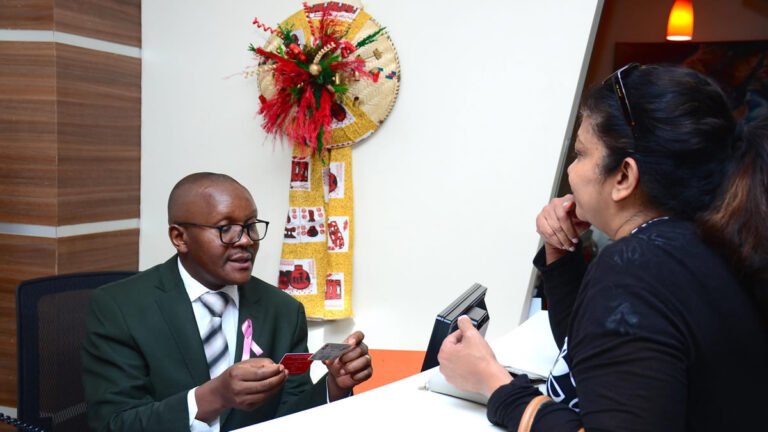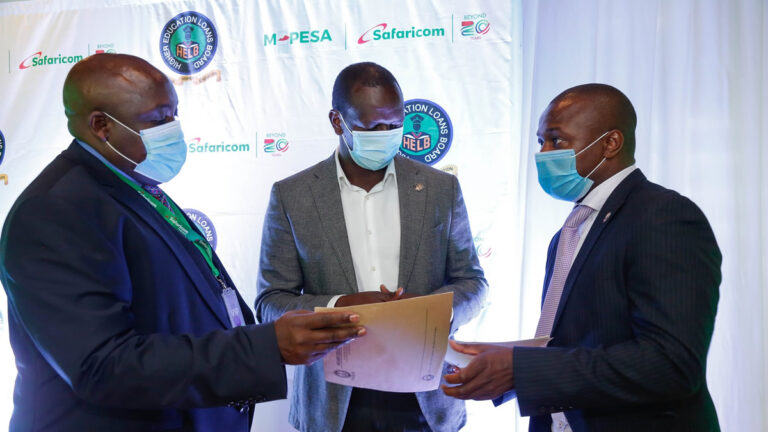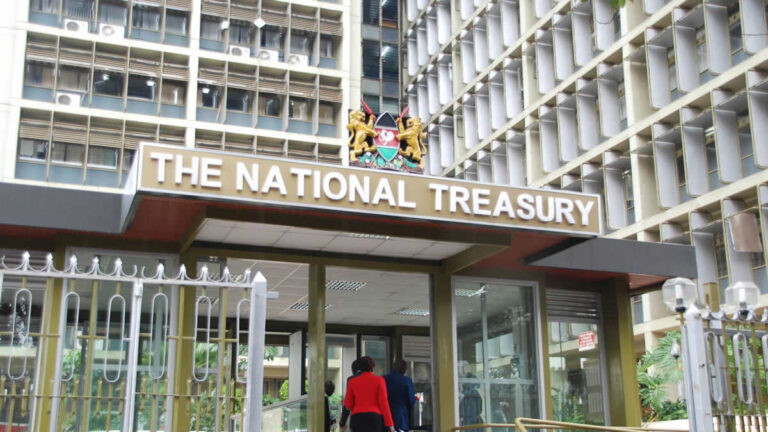Telkom Kenya has revised T-Kash transaction charges that are expected to become effective on 5th March 2021. The new tariffs follow a pandemic period that saw most of cashless transactions below Ksh 1,000 zero-rated to provide a much-needed relief to Kenyans bearing the burden. Kenya’s financial regulator – CBK initiated several guidelines to encourage social distancing amongst them removing fees on mobile money transfers from person to person as well as between mobile wallets and banks.
In the new tariff, T-kash transactions from person to person amounting to less than Ksh 100 will not attract transaction fees. According to the telco, the new tariffs have already received a nod from the central bank of Kenya. the new tariffs are also relatively lower than those in place before the pandemic happened.
New T-Kash Transaction Charges
| Minimum | Maximum | Send Money to Registered User (T-kash & Other Networks) | Send Money to Unregistered User | Customer Withdrawal at an Agent |
| 1 | 49 | Free | N/A | N/A |
| 50 | 100 | Free | N/A | 10 |
| 101 | 500 | 5 | 36 | 26 |
| 501 | 1,000 | 12 | 41 | 26 |
| 1,001 | 1,500 | 20 | 46 | 26 |
| 1,501 | 2,500 | 32 | 61 | 26 |
| 2,501 | 3,500 | 45 | 93 | 48 |
| 3,501 | 5,000 | 55 | 120 | 65 |
| 5,001 | 7,500 | 65 | 145 | 80 |
| 7,501 | 10,000 | 85 | 190 | 105 |
| 10,001 | 15,000 | 90 | 245 | 155 |
| 15,001 | 20,000 | 90 | 265 | 175 |
| 20,001 | 35,000 | 100 | 285 | 185 |
| 35,001 | 50,000 | 100 | N/A | 265 |
| 50,001 | 150,000 | 100 | N/A | 295 |
Daily transaction limit for any transaction has been retained at KSh150,000, while the sending limit capped at KSh300,000 per day. The total amount one can hold in their wallets is KSH 300, 000. Any transactions between KSh50,000 up to KSh300,000 will attract a rate of KSh100. All other fees remain unchanged.
Reports from the mobile service provider indicate that its exploring ways to enhance its digital financial services with T-Kash getting more attention in the coming weeks. Safaricom’s MPESA still holds unsurmountable lead in the sector and it’ll be interesting to see what Telkom will do to compete favorably.








